Vaccine Mandate for Federal Employees Resumes as 5th Circuit Vacates Preliminary Injunction
The Fifth Circuit Court of Appeals has vacated the nationwide preliminary injunction on President Biden’s vaccine mandate for the federal workforce, determining the district court lacked jurisdiction.
MSPB Imposes Issue Exhaustion Requirement in Appointments Clause Case
The Merit Systems Protection Board (MSPB) has broken from the U.S. Supreme Court’s recent decision in Carr v. Saul, holding its adversarial nature of proceedings requires issue exhaustion.
USPS Violates Provisions of Postal Service Reorganization Act
The Court of Appeals for the District of Columbia Circuit determined that the U.S. Postal Service acted outside of the authority of the Postal Service Reorganization Act.
Federal Circuit Rejects Perceived Whistleblowing Claim
The Merit Systems Protection Board (MSPB) has long recognized claims where the employee has not made a protected disclosure, where supervisors perceive the employee to be a whistleblower.
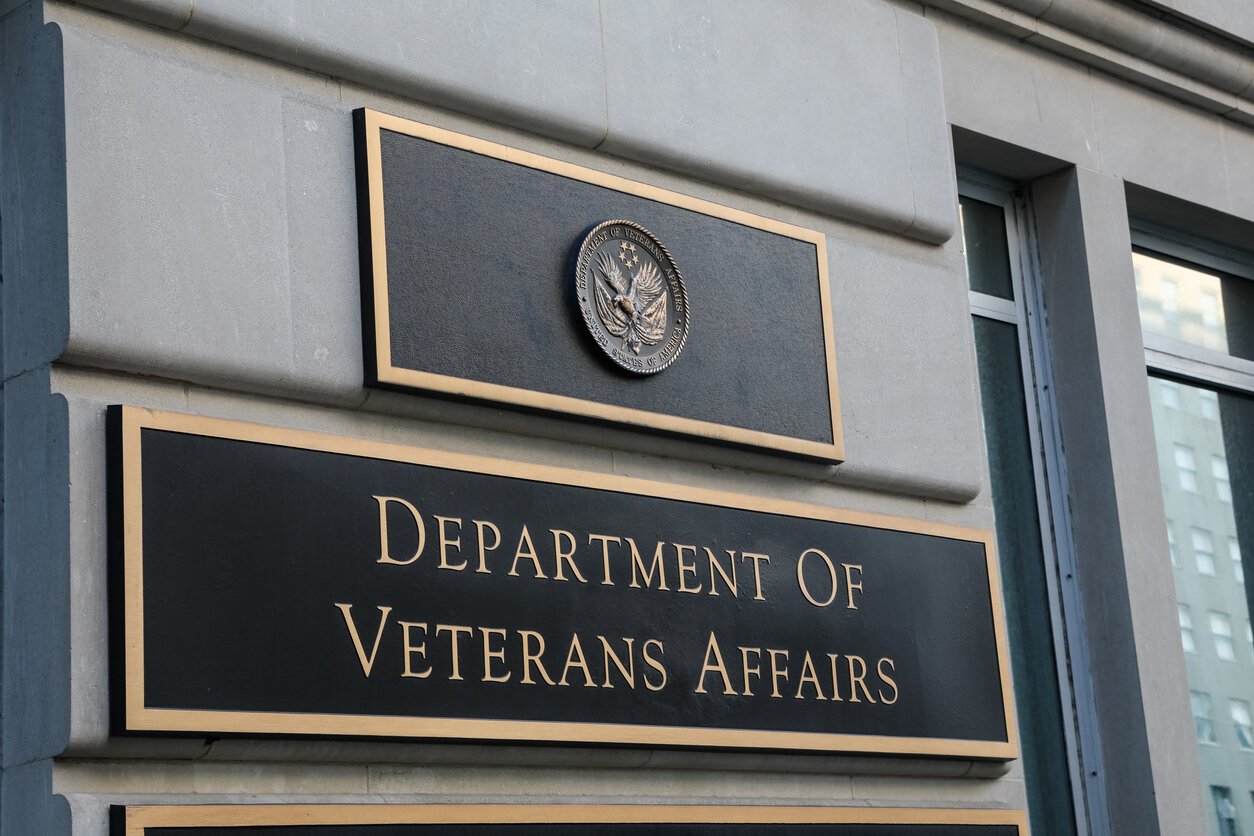
Federal Circuit Disputes VA’s Interpretation of 2017 “Accountability” Law
In two opinions issued on August 12, 2021, the United States Court of Appeals for the Federal Circuit found that the Department of Veterans Affairs erroneously interpreted the provisions of the Department of Veterans Affairs Accountability and Whistleblower Protection Act of 2017 when disciplining its employees. The purpose of the 2017 law, codified at 38 U.S.C. § 714, was to provide for expedited discipline of VA employees, strip MSPB of its authority to mitigate the VA’s chosen penalty, and to impose a less rigorous burden of proof on the agency at the appellate level than a traditional MSPB appeal.

Santos v. NASA: DOJ Declines to Petition the Court for Rehearing
We previously reported on the Federal Circuit’s panel decision in Santos v. NASA, issued on March 11, 2021. That decision held that pursuant to 5 U.S.C. § 4302(c)(6), when employees challenge their PIP-based performance terminations at MSPB, federal agencies must prove that employees deserved to be put on a PIP in the first place. The case turned on the meaning of the words “continue to,” used in Section 4302(c)(6), and whether that statutory language imposed a requirement on the agency to prove pre-PIP unacceptable performance. The panel opinion said yes.

Two Dissenters Push Back on Federal Circuit’s Denial of Braun v. HHS Rehearing
We previously reported on the Federal Circuit’s December 21, 2020 opinion in Braun v. HHS, a case where the appeals court found that HHS could utilize its generic “for cause” procedures to terminate tenured scientists for at least some performance-based reasons, despite the existence of a performance process requiring additional process for “de-tenuring” prior to termination.

Preselection Coupled With Service Discrimination Violates USERRA, Rules Federal Circuit
The United States Court of Appeals for the Federal Circuit described the litigation of a case it adjudicated on May 14, 2021 as “the decade-long journey of a hard-working man who served his country honorably, only to face workplace discrimination on the basis of that service.”

Supreme Court: No “Issue Exhaustion” Requirement for SSA Claimants
Several weeks ago, FEDmanager reported on oral argument at the Supreme Court of the United States in Carr v. Saul. In this case, the issue was whether Social Security Administration (SSA) claimants who did not raise an Appointments Clause challenge at the administrative level forfeited their ability to challenge the validity of decisions by improperly appointed SSA administrative law judges once they appealed the decisions to federal court, pursuant to the Supreme Court’s decision in Lucia v. SEC. On April 22, 2021, the Supreme Court held that courts should not impose an “issue exhaustion” requirement on claims under the Appointments Clause of the U.S. Constitution.
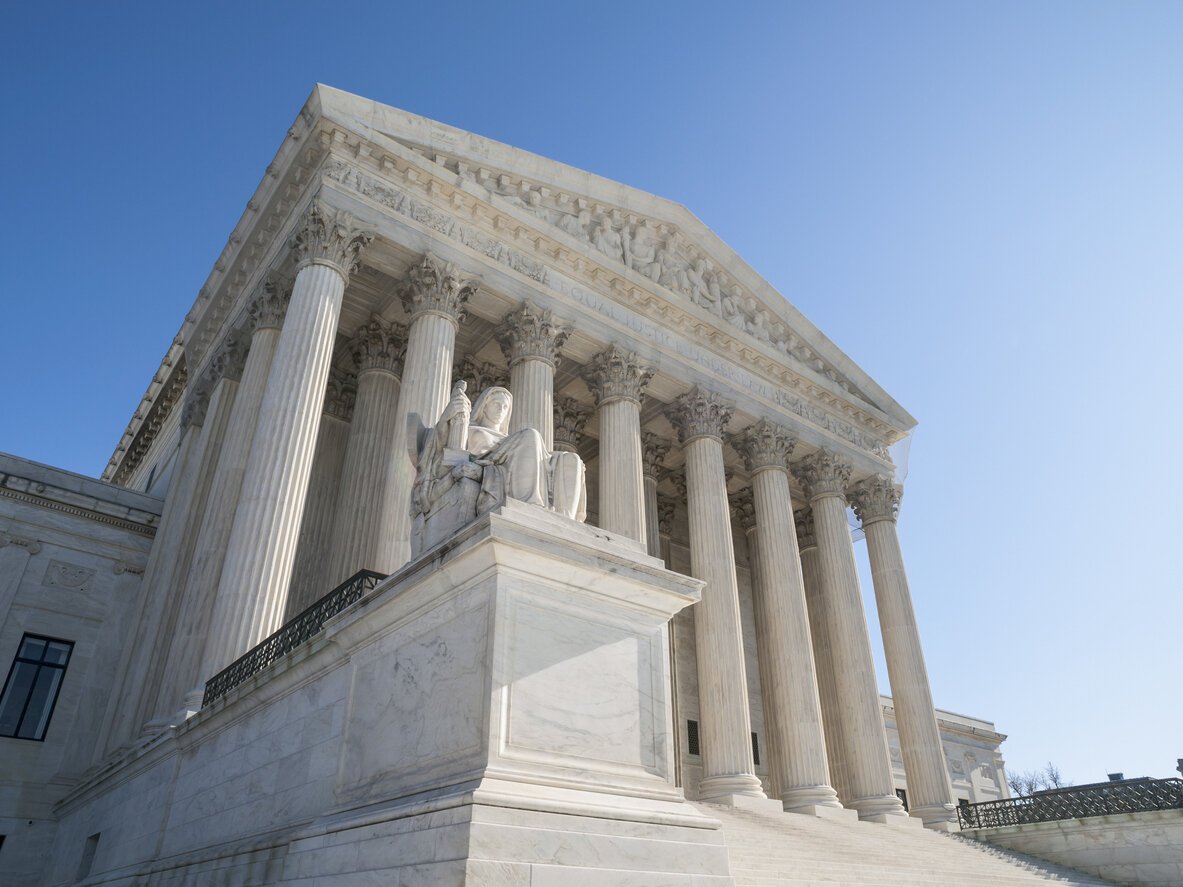
Supreme Court Hears Oral Argument in Two Important Appointments Clause Cases
On March 1, 2021, the Supreme Court of the United States heard argument in United States v. Arthrex on the question of whether administrative patent judges of the U.S. Patent and Trademark Office are principal officers of the United States who therefore must be appointed by the President and confirmed by the Senate. Just two days later, on March 3, 2021, the Court heard argument in Carr v. Saul, a case about whether Social Security claimants who failed to raise an Appointments Clause challenge to the appointment of SSA administrative law judges at the administrative level waived the argument before the courts.
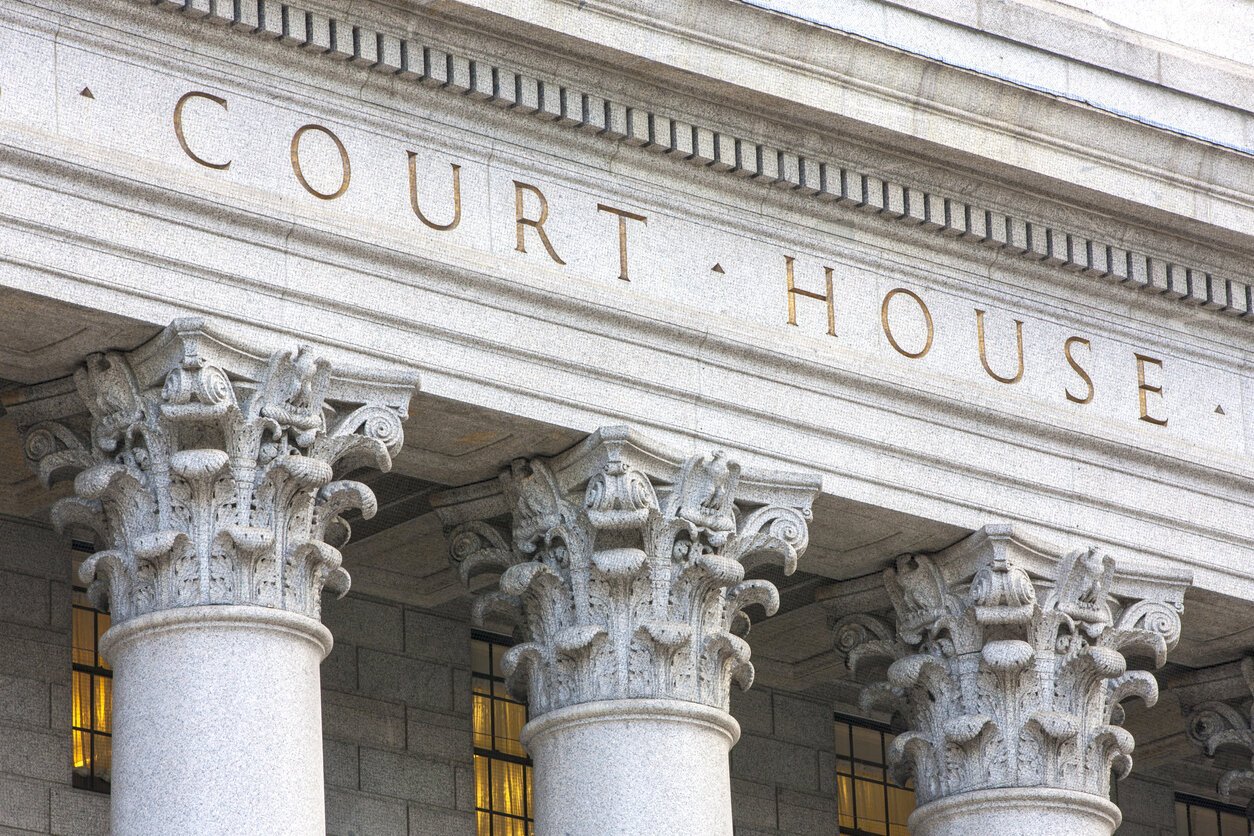
Federal Circuit: For the Third Time, No Retroactive VA “Accountability”
In 2017, Congress enacted the Department of Veterans Affairs Accountability and Whistleblower Protection Act of 2017 (“the Act”), which provided “a singular expedited procedure for all VA employees to respond and appeal to proposed removals, demotions, and suspensions for performance or misconduct,” and according to the United States Court of Appeals for the Federal Circuit, “provides less rigorous standards and expedited procedures” to discipline, and even terminate, employees.

Supreme Court Hears Oral Argument in Fifth Amendment Suit Challenging Union Organization
On March 22, 2021, the Supreme Court of the United States heard oral argument in Cedar Point Nursery v. Hassid.
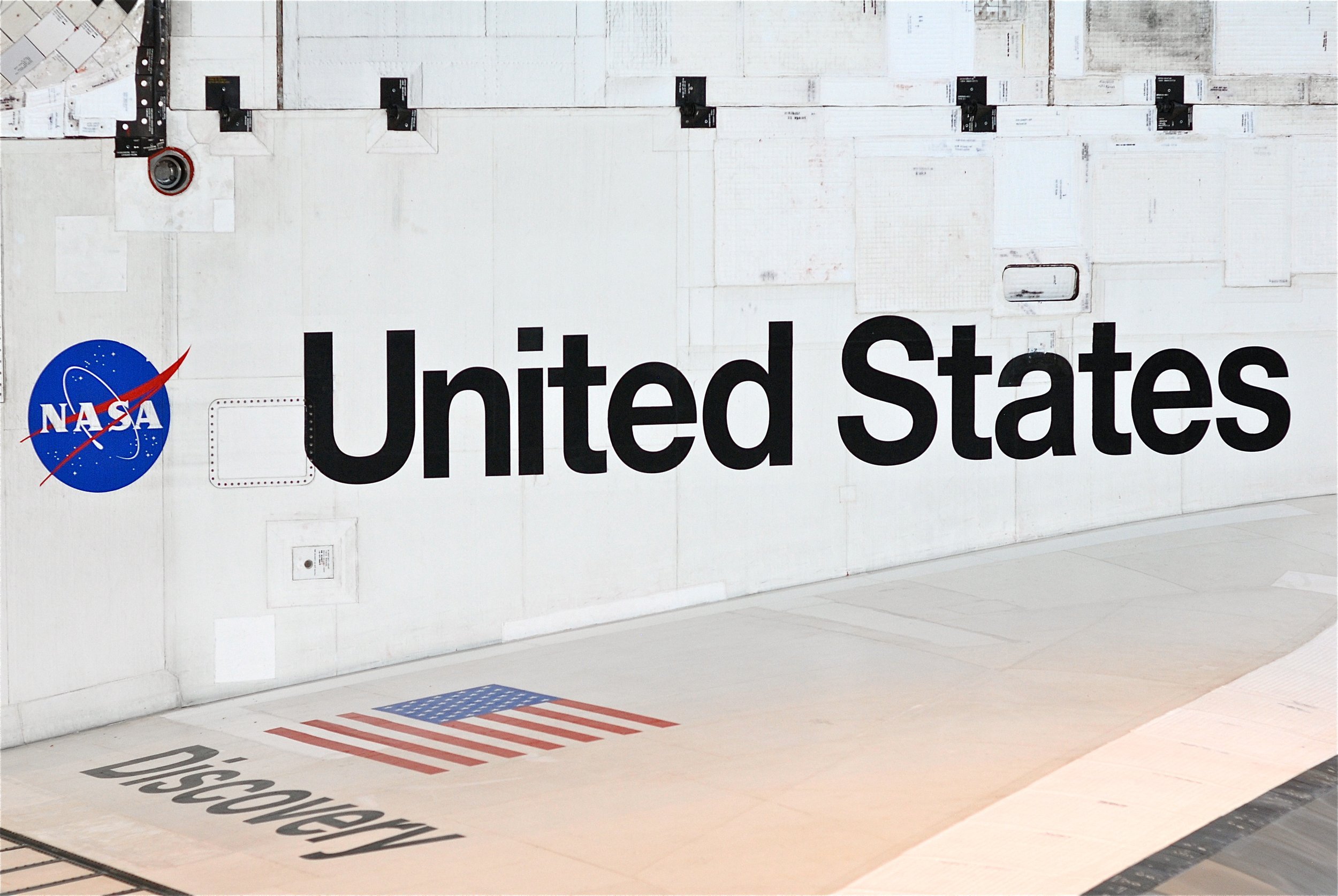
Agencies Must Prove Pre-PIP Unacceptable Performance in Federal Circuit Decision
Before a federal employee can be terminated for unacceptable performance, the employing agency must provide the employee with an opportunity to demonstrate acceptable performance.
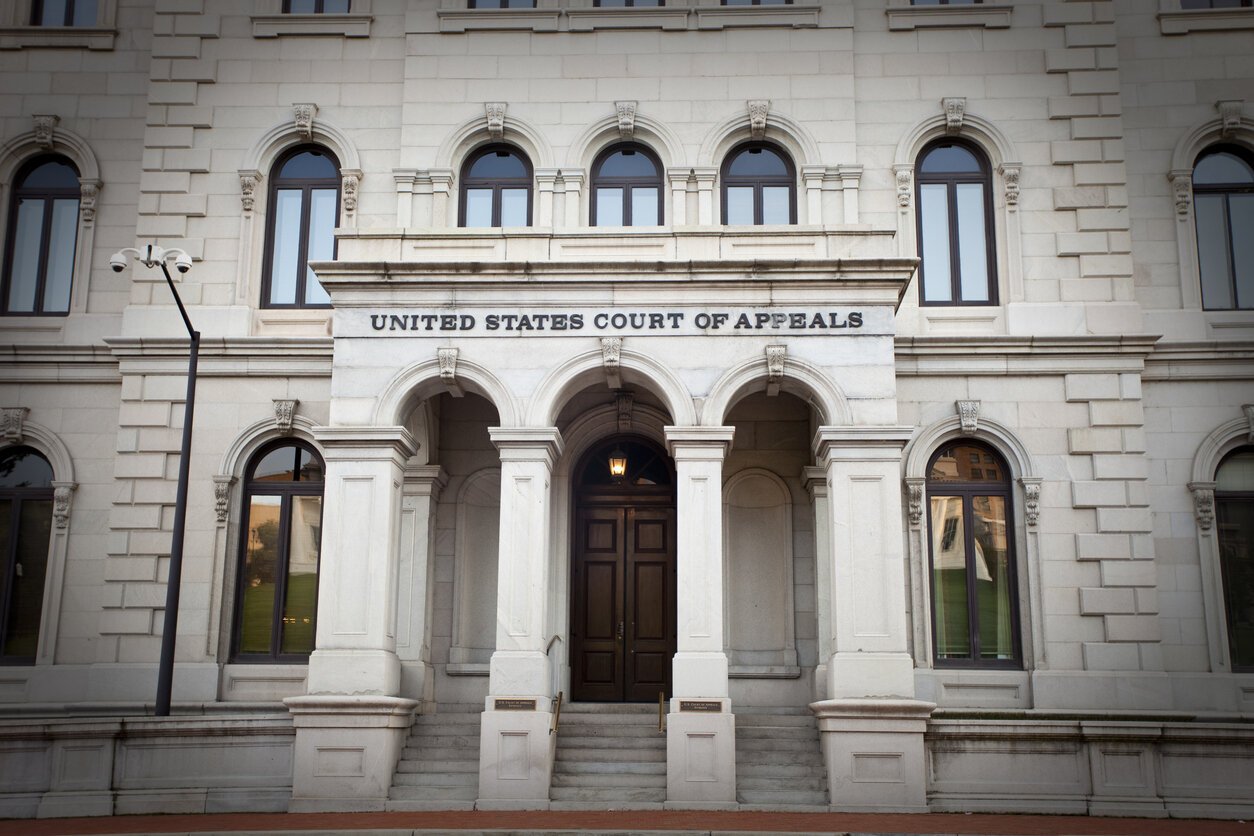
Penalties Mitigated in Arbitration, after an Agency Decision, Do Not Establish Disparate Treatment
McKenzie Holmes was a U.S. Postal Service (“USPS”) employee from 1989, until his removal in 2018. At the time of his removal, he worked as a city carrier at the Fort Dearborn Station in Chicago.

Tenth Circuit: Intimidating Witnesses for Testimony Is Not Lawful Assistance Protected under the Whistleblower Protection Act
In October 2017 Larry Baca began to work as a Supervisory Engineer, GS-13, and the Chief of Operations and Maintenance Division in the Directorate of Public Works at the U.S. Army White Sands Missile Range in New Mexico.

Supervisory Roles in Excepted Service Do Not Tack under 5 U.S.C. § 3321 to Satisfy Supervisory Probationary Period in Competitive Service
Deborah Mouton-Miller worked for the United States Postal Service (USPS) as an Audit Manager until April 2017, when she transferred to the Department of Homeland Security’s (DHS) Office of Inspector General for a promotion as Supervisory Auditor. Mouton-Miller’s position with USPS was classified as GG-0511-14, step 8, and her position with DHS was classified as GS-0511-14, step 8.

Third Circuit: Federal Civilian Dual Status Technicians Not Covered under the Uniformed Services Exception to Reduced Social Security Benefits
Floyd Douglas Newton worked as a National Guard dual status technician from 1980 until 2013. A dual status military technician is a federal civilian position supporting the Selected Reserve or armed forces. Though civilians, dual status technicians are required to maintain National Guard membership, hold a particular military grade, and wear appropriate military uniform, among other requirements.

Federal Circuit: Removal for Performance-Based Conduct Not Limited to Performance Actions
Dr. Allen Braun worked as a research doctor at the National Institutes of Health (NIH) for almost 32 years. In 2003, he became a tenured Senior Investigator for the National Institute on Deafness & Other Communication Disorders, a branch of NIH.

